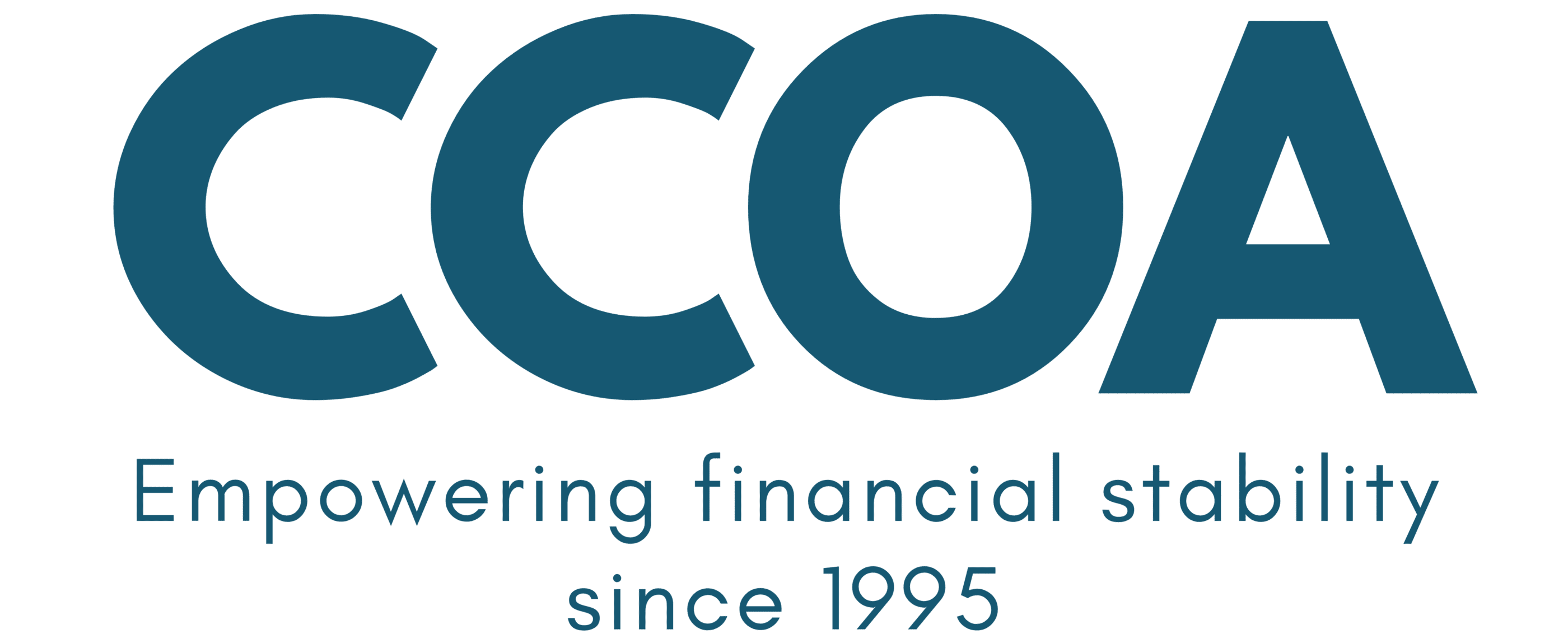Unemployment fraud has been in the news a good bit since June, and the problem continues to impact households across the U.S. Recently, a colleague and her employees were hit with someone claiming benefits in their names despite all of them being employed. But this leader had no idea she’d be a victim of this form of identity theft. One of the insidious tactics used by scammers to delay the individual from being notified through their employer is to indicate a gig worker status on the application. This status means no note is sent to an employer by the Department of Workforce Services. This was the tactic used on my colleague’s fraudulent application. It took some major digging to find out she was a victim of unemployment fraud and then she faced the uphill battle to report and document the incident.
The caring financial professionals at CCOA have put together some recommendations to help you prevent unemployment fraud, and recover from this unique form of identity theft if it happens to you.
In researching recommendations from Experian, the Arkansas Attorney General’s Office and the Federal Trade Commission the following prevention tips are suggested:
- Take note of any calls regarding unemployment benefit verification. These could be legitimate attempts to confirm an application. However, they could also be scammers trying to get more information before submitting a false claim under your name. The big takeaway here is don’t give out any personal information over the phone.
- Avoid any fee-based services offering help filing for unemployment. Individuals are required to file for unemployment individually, and any company offering help will require personal information. Giving a 3rd party your social security number, mailing address, and other info could leave you vulnerable to fraud or other identity theft.
- Stay away from scam emails, sites or social media pages. Many scammers try to look legit with official looking names or branding in their emails, sites and pages. Look for the .gov URL to verify legitimacy or visit a workforce service or other government agency site directly.
- Monitor your bank statements and credit report. These reports will help you identify fraudulent transactions or ID theft related to unauthorized unemployment benefits, services or agencies.
What if you or someone you care about fall victim to such a scam? Here are some critical first steps to take if someone falsely files for unemployment benefits in your name.
- File a fraud alert with one of the three credit bureaus Equifax, Experian or TransUnion.
- Call the local unemployment agency to report the fraud. To report in Arkansas click here.
- File a police report and get a copy of the report.
- Report the fraud to the Federal Trade Commission at IdentityTheft.gov.
- Check your credit report at annualcreditreport.com for any other ID theft and consider a credit freeze to prevent impacts of other instances of fraud. You can even check your credit report weekly, free of charge, until April 2021 thanks to AnnualCreditReport.com.
If you need help preventing identity theft or recovering from a scam like unemployment fraud, contact the caring financial professionals at CCOA today for a free advisory appointment.





